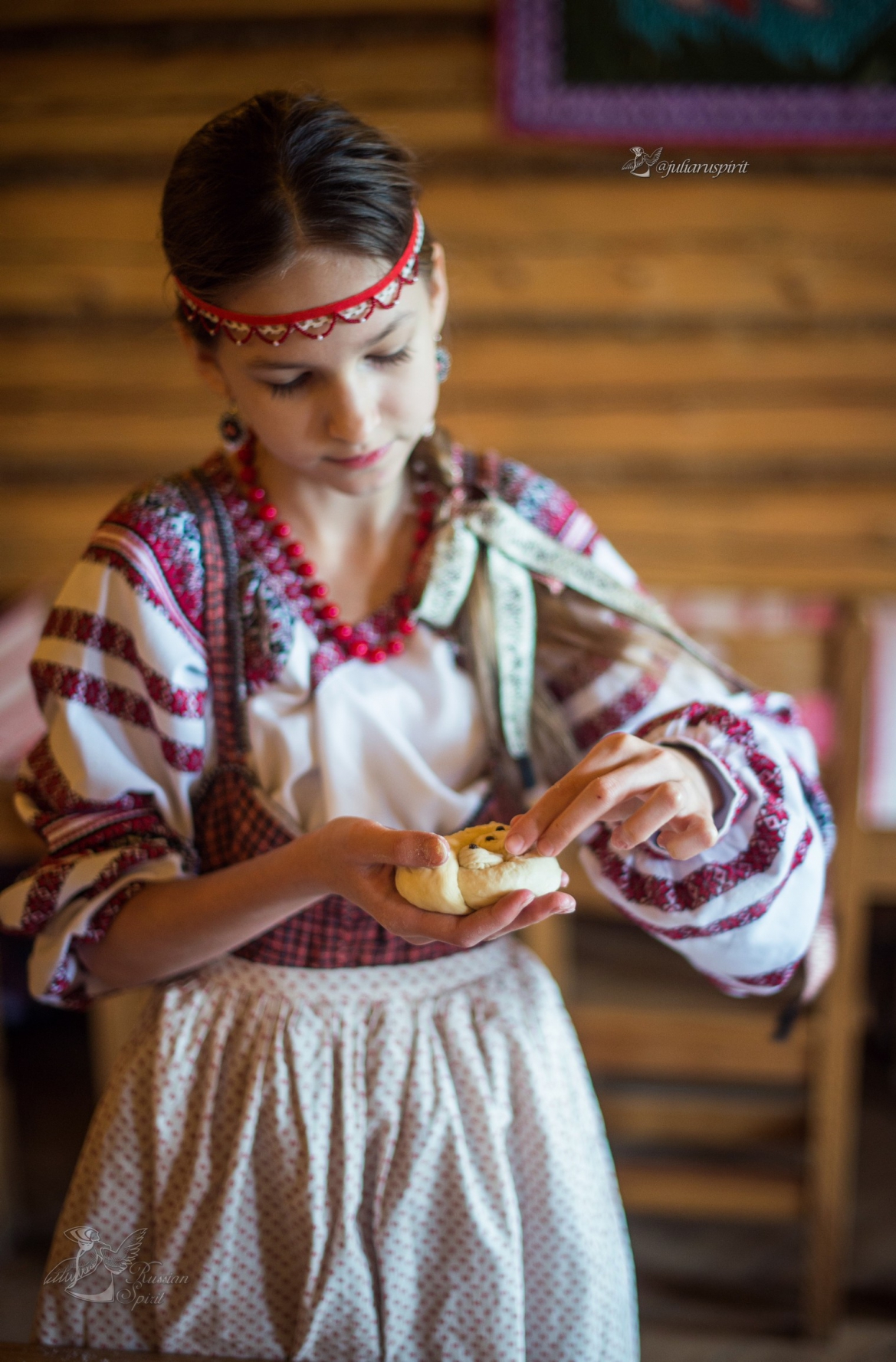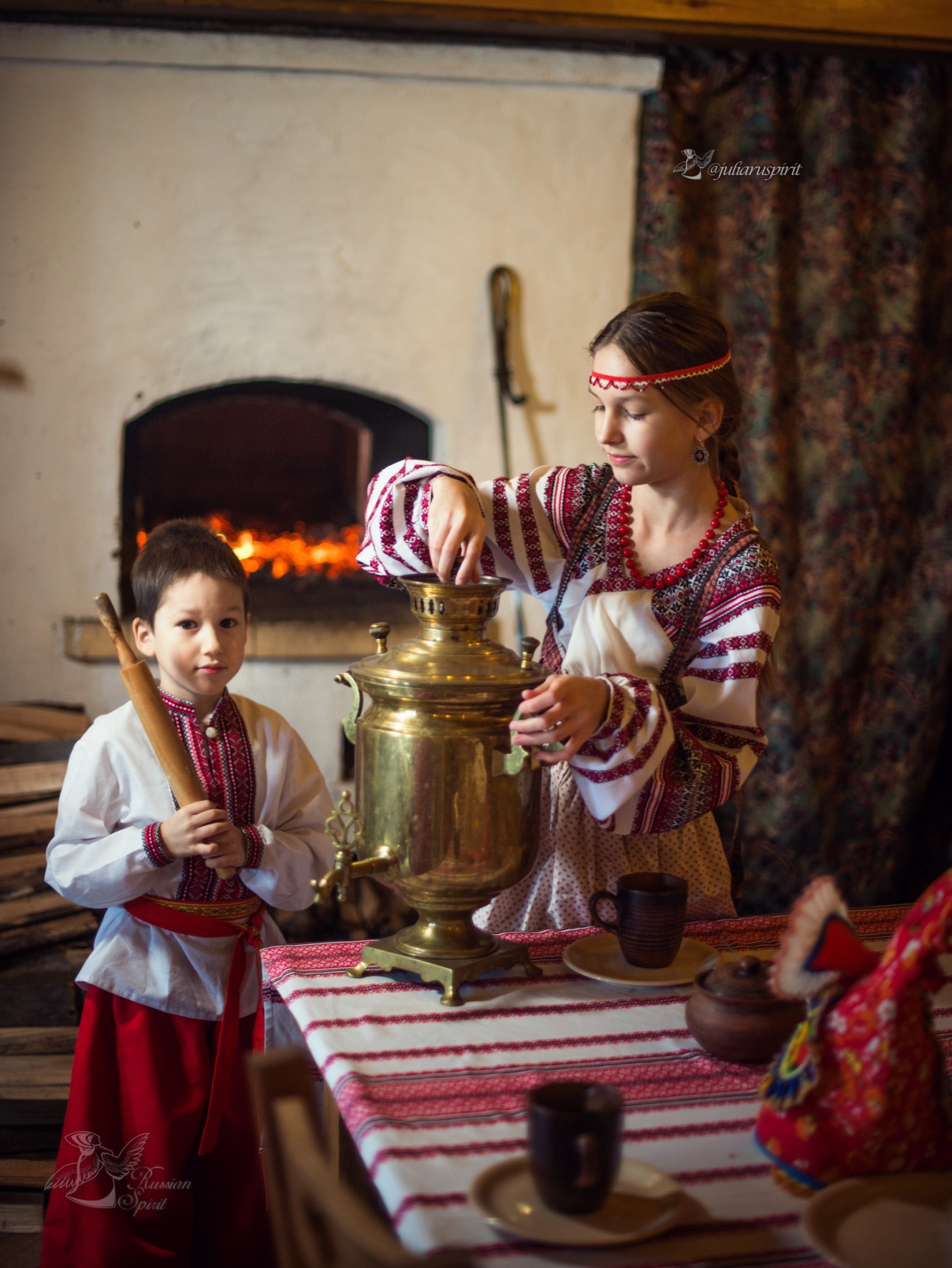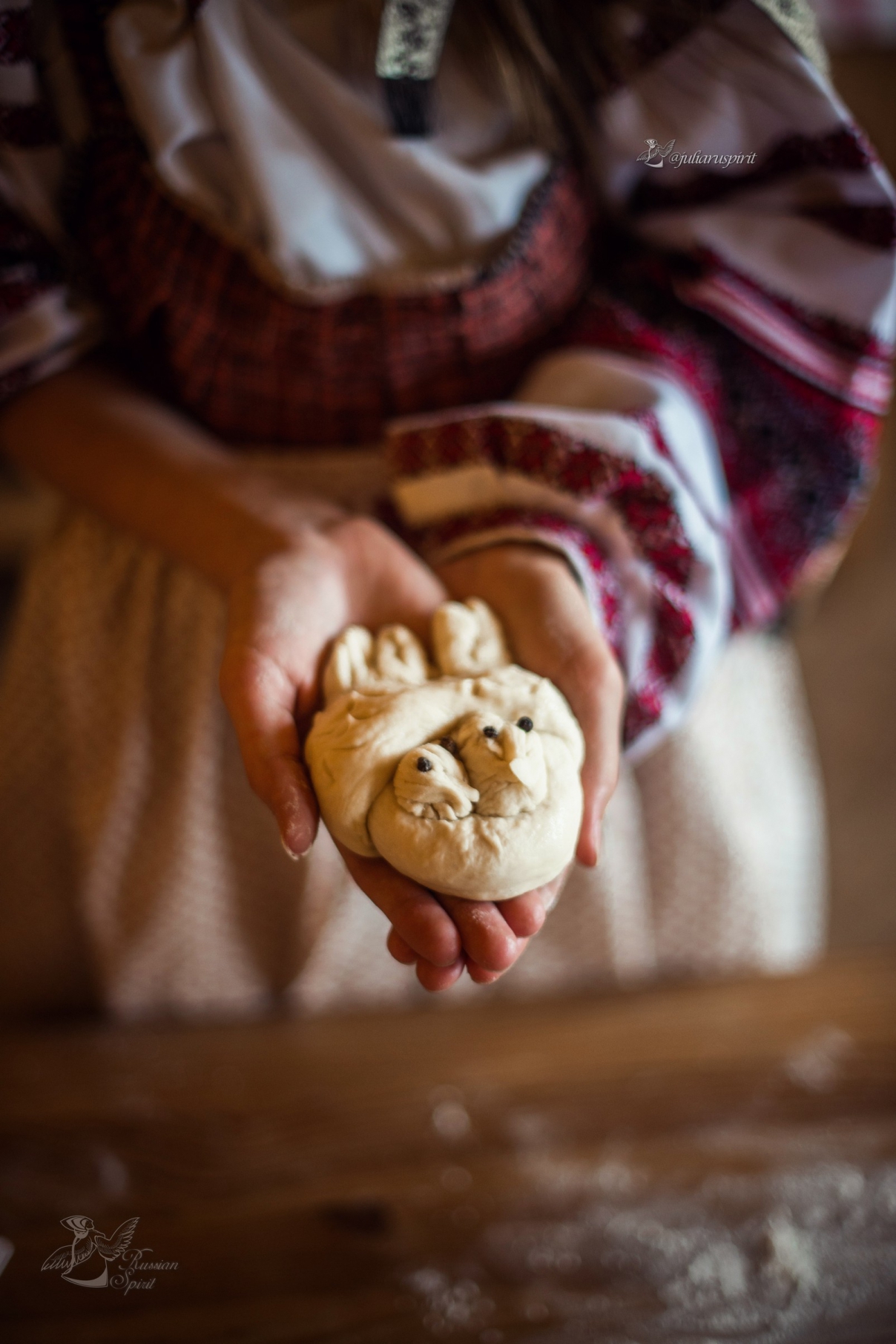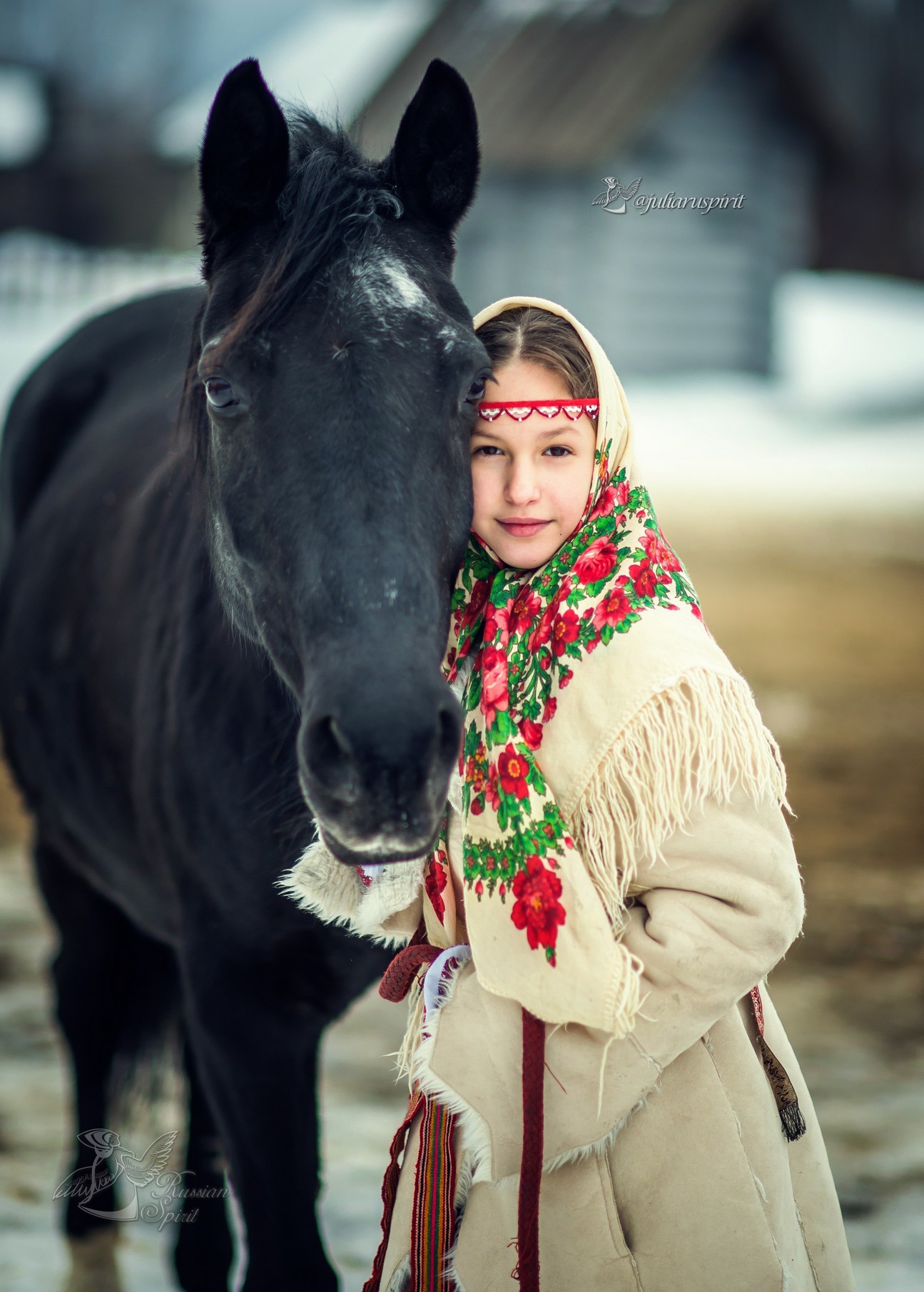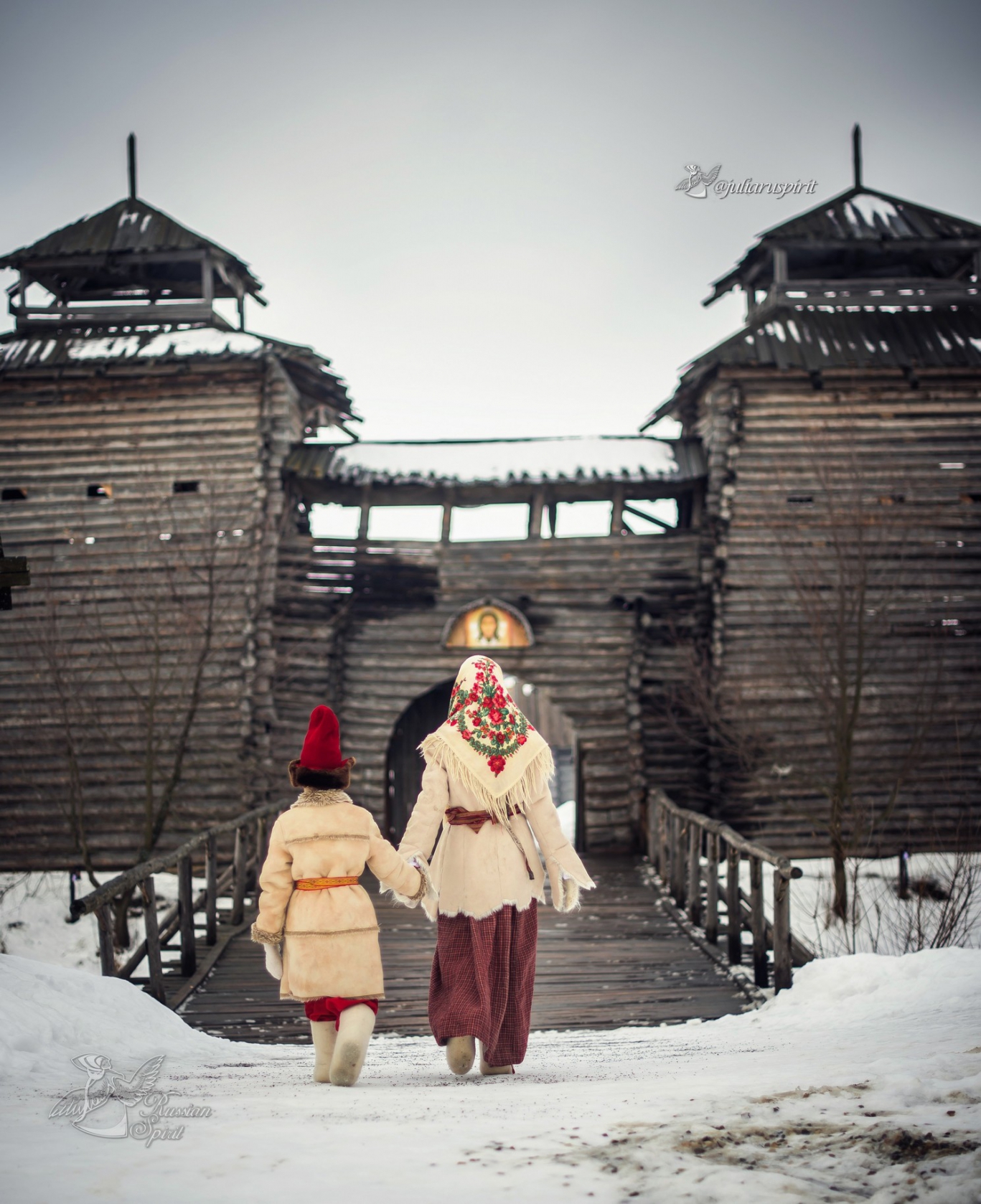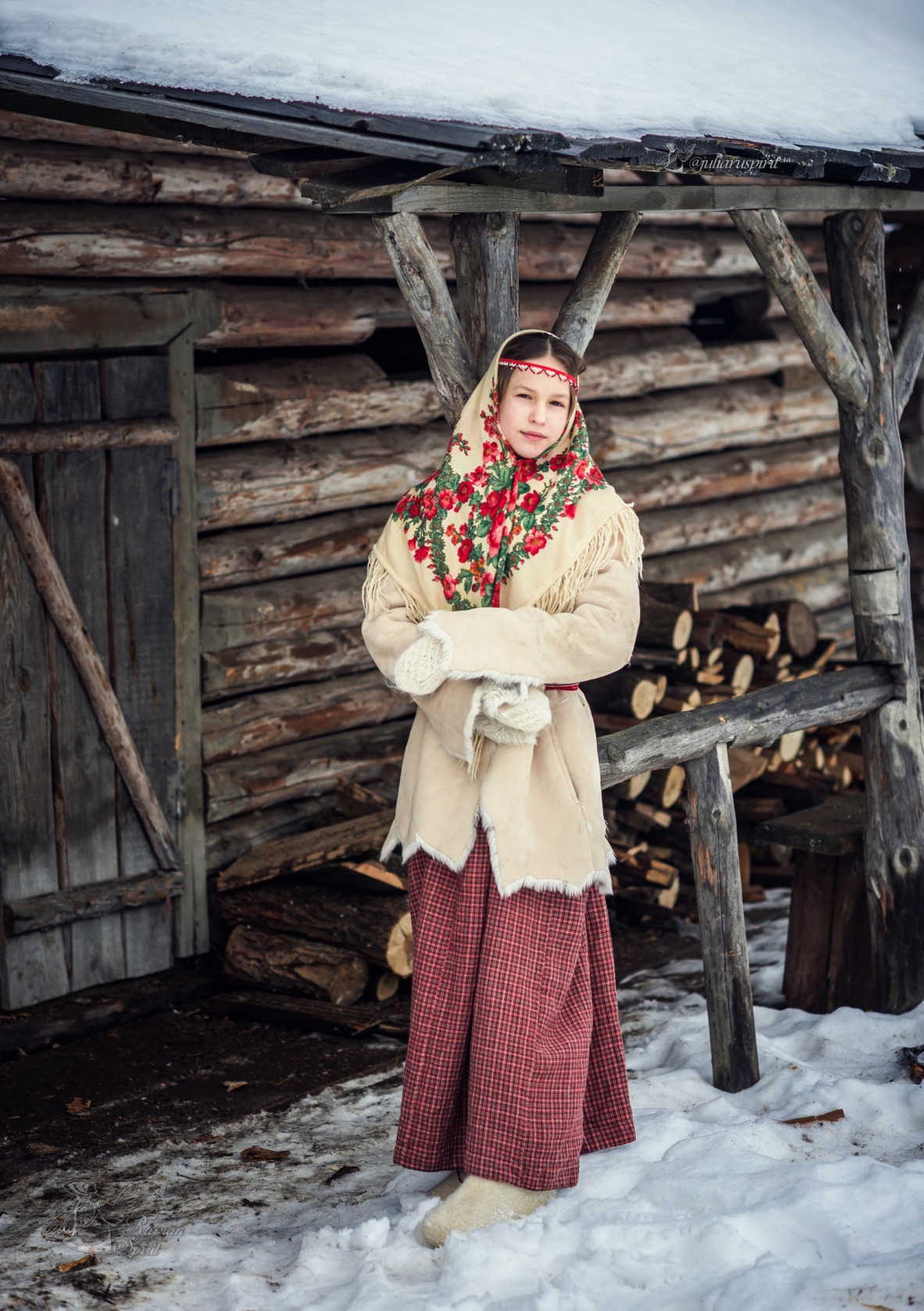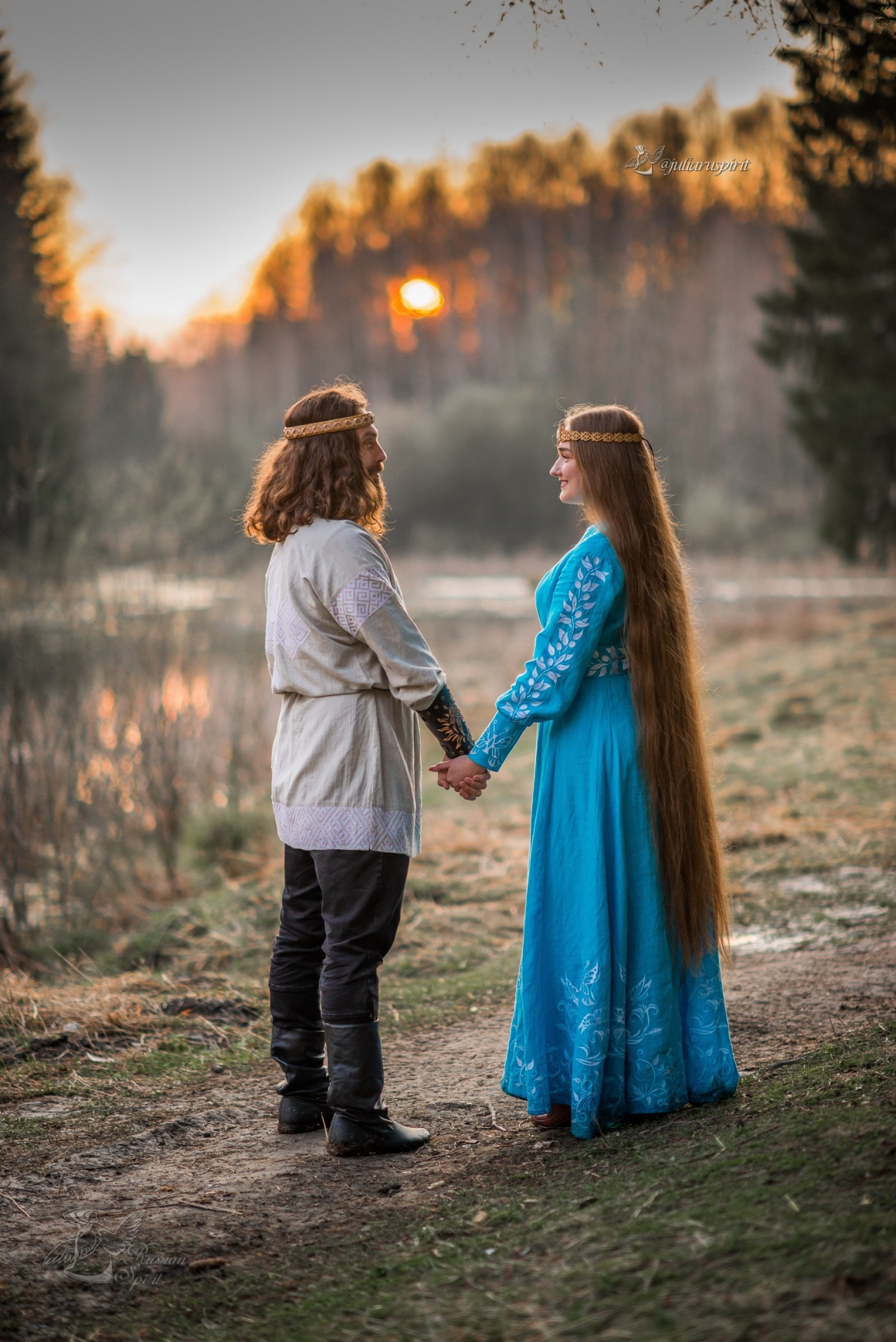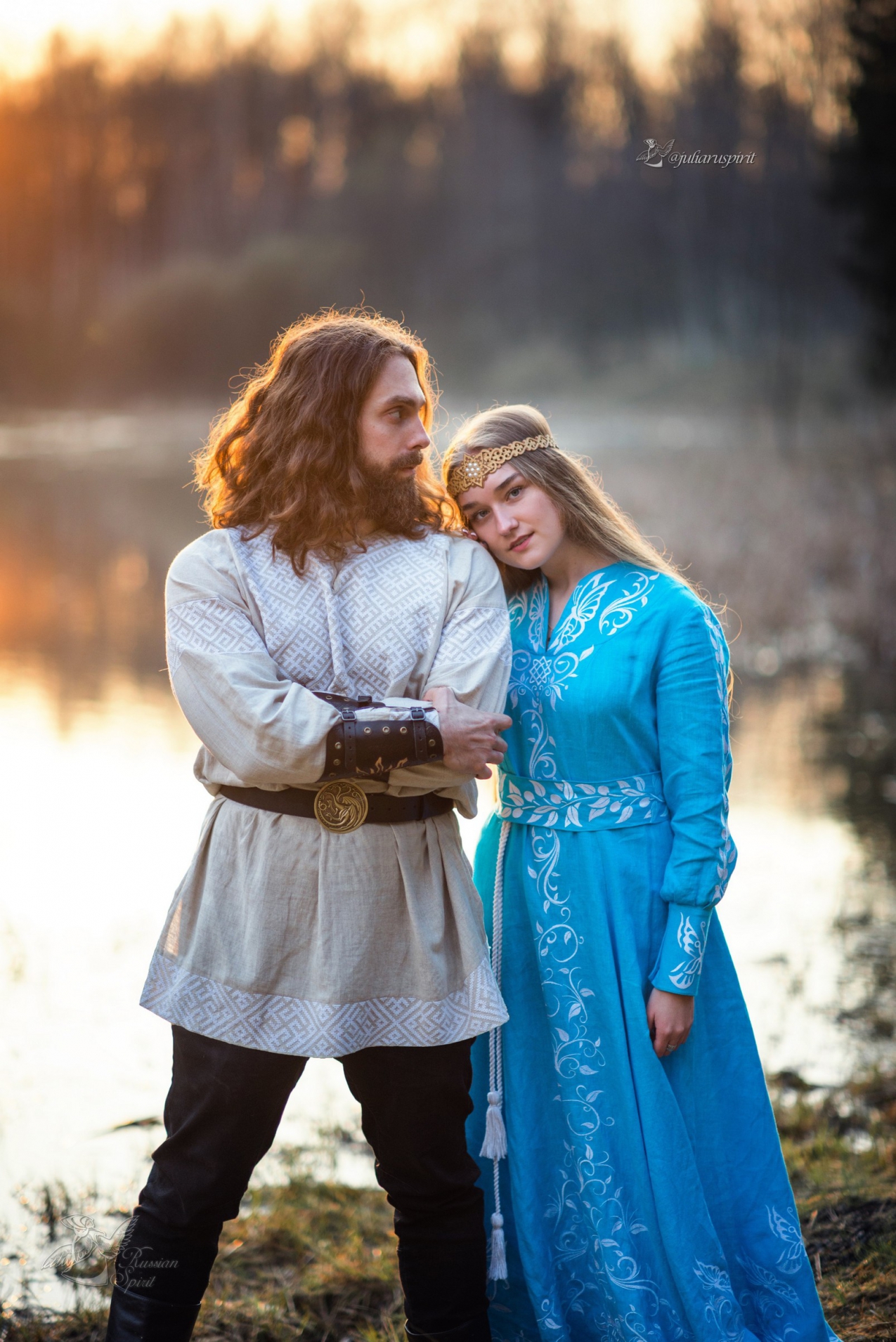Today I am going to tell you about a Slavic holiday that was celebrated before the adoption of Christianity in Russia and was also called Maslenitsa or Komoyeditsa. Today we will analyze whether the traditions of celebrating Komoyeditsa have changed a lot.
Orthodox Maslenitsa shifts every year and falls a week before Lent, its date is calculated depending on other Christian holidays.
Maslenitsa among the ancient Slavs always fell on the day of the vernal equinox, namely March 20.
Komoyeditsa was noisily and cheerfully celebrated almost everywhere. In some places, it was even considered the time of the beginning of the year (in other regions, the New Year was celebrated in September, on the Autumnal Equinox).
Despite the fact that many of the traditions of the celebration of Komoyeditsa were considered sinful by the church (for example, the performance of mummers or fisticuffs), the Slavs loved them so much that they were also preserved in the Orthodox Maslenitsa.
Before the Old Slavic Maslenitsa, as well as before other important holidays, the women always cleaned their houses, the girls made a talisman doll, and last year's doll was burned in the oven.
On the very day of the Spring Equinox, annual protective rites were held, round dances were performed, spring was called out with songs.
It is interesting that the custom of burning the huge straw woman was not at all widespread everywhere! Morena, the Goddess of Winter, was represented in the image of this woman. In the northern regions, where the winter is especially severe, people tried not to anger her. Therefore, during the celebration of Komoyeditsa, simple bonfires were lit.

